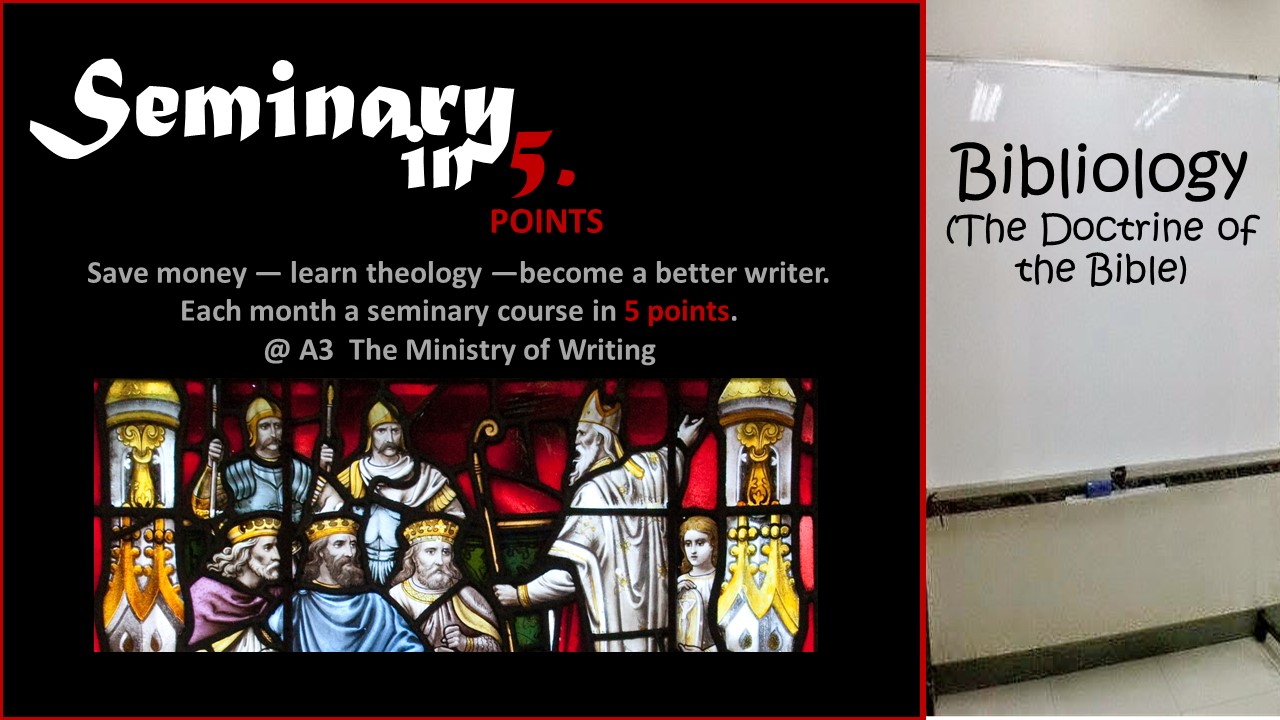
What do you believe about the Bible? — Seminary in 5: Bibliology
Save money. Learn theology. Become a better writer. Minister more effective. That’s my hope for you. In this second…
October 10, 2016
Save money. Learn theology. Become a better writer. Minister more effective. That’s my hope for you. In this second…
October 10, 2016
by Sandra Merville Hart Last month we talked about the author of Charlotte’s Web, E.B. White, and the…
September 20, 2016
Welcome, Jerry. We are honored to have you partner with us. Can you share a little about your recent book?…
August 1, 2016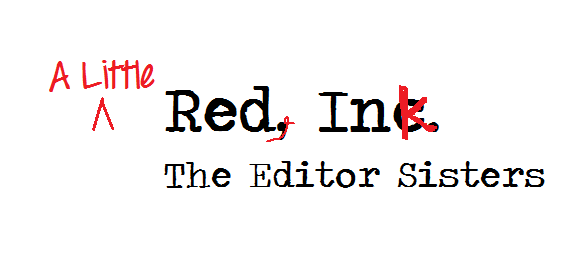
Conferences: The Paid Critique So you’re thinking about attending a writers conference, or perhaps you’ve already registered for one.…
July 29, 2016
by Sandra Merville Hart I wanted to instill a love of reading in my daughter from a young…
June 26, 2016
As a Christian writer in your life or in your writing it is not merely about what you want…
May 21, 2016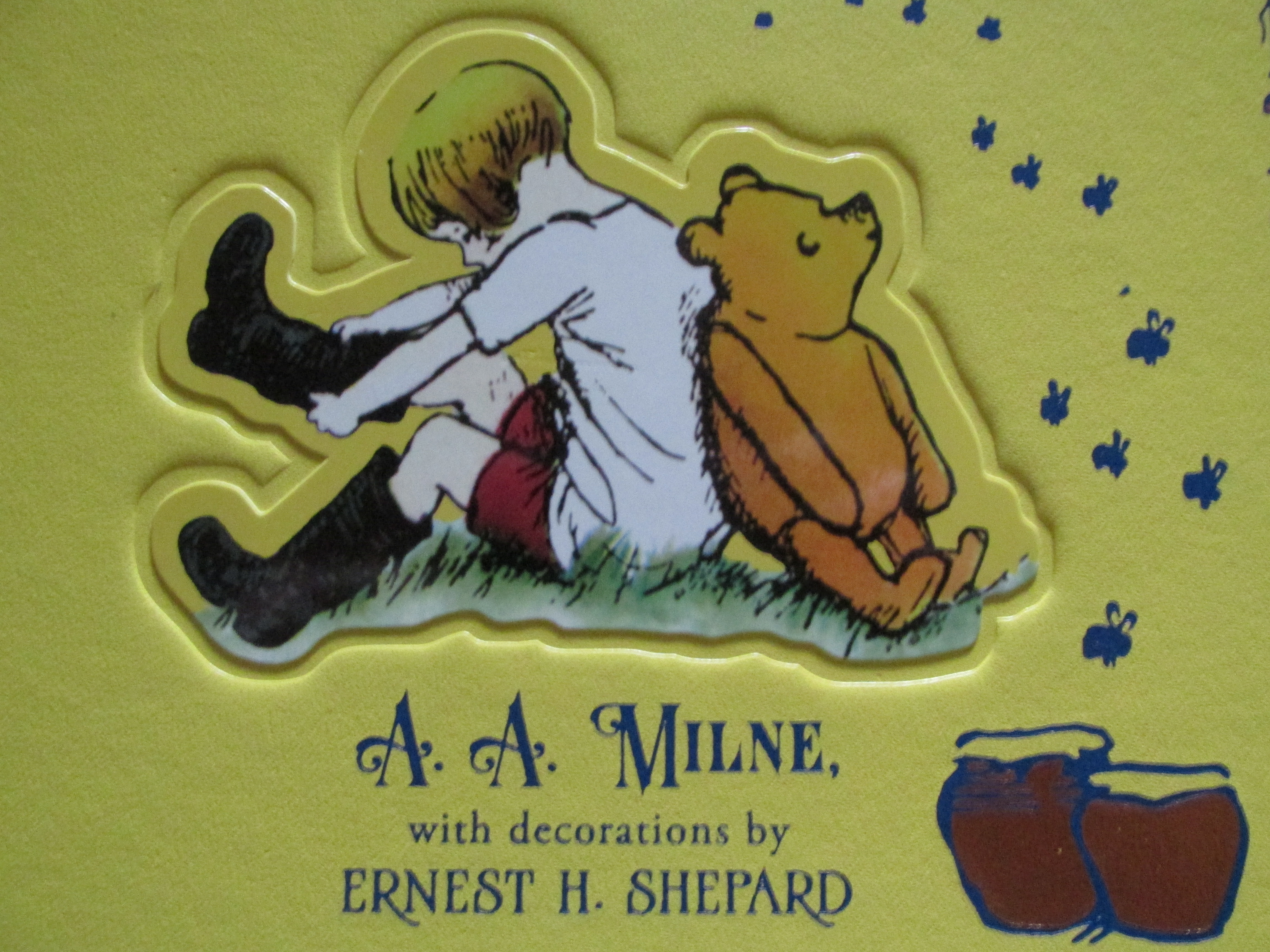
by Sandra Merville Hart I’ve always loved Winnie-the-Pooh. The honey-loving bear captured my heart instantly as a child. I…
May 20, 2016
By Sandra Merville Hart Maps are hidden treasure for historical writers. If you haven’t used this key source of…
March 16, 2016
For most writers, our passion to write was birthed from a passion to read. We grew up immersed in…
March 10, 2016
by Sandra Merville Hart With the celebration of Presidents Day this month, Americans may remember the very famous Gettysburg…
February 15, 2016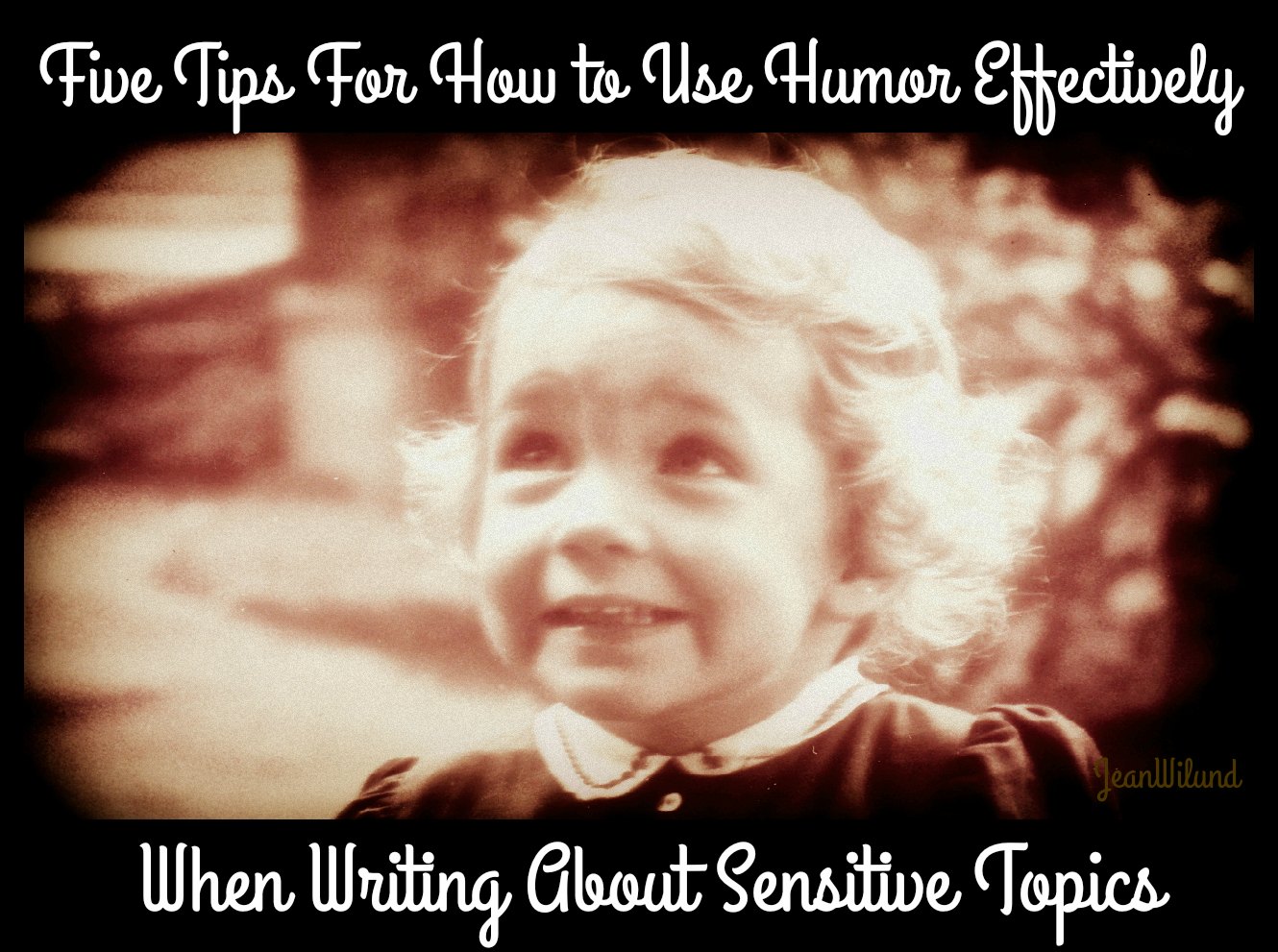
In my last post, How Humor Helps When Writing About Sensitive Topics, I explained how working humor into the…
December 19, 2015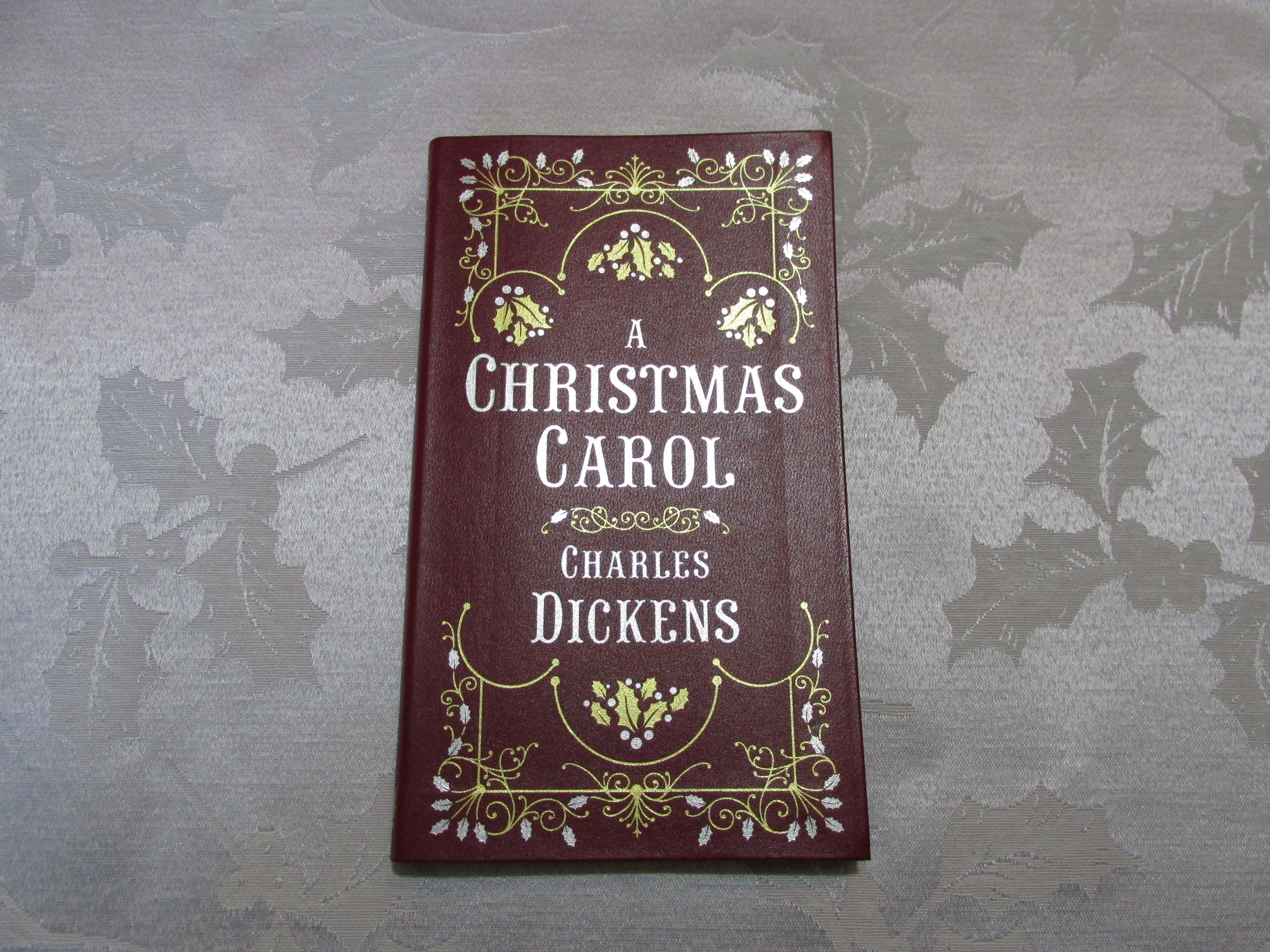
With Christmas just around the corner, I decided to read Charles Dickens’ famous novel, A Christmas Carol, and discovered…
December 12, 2015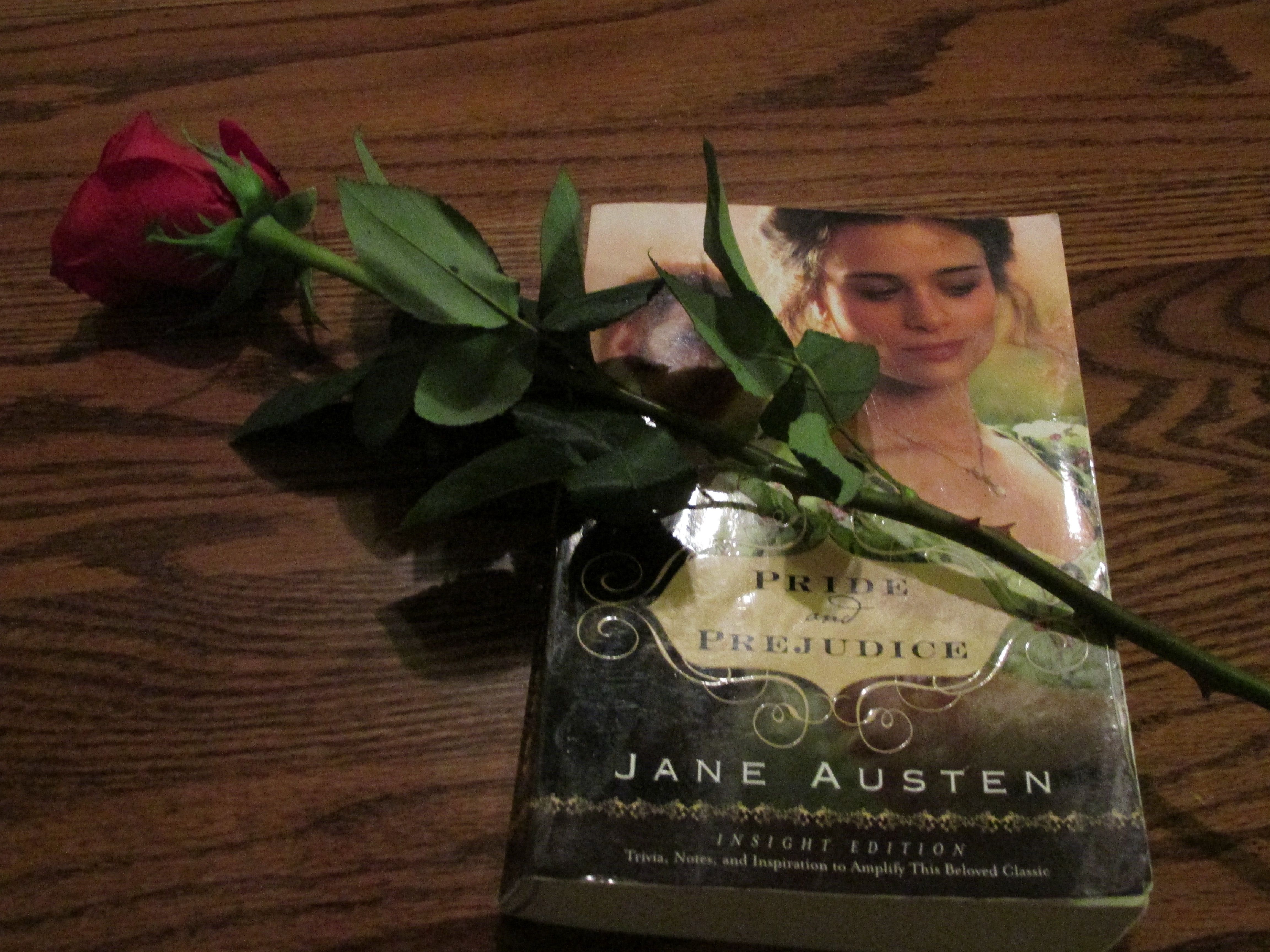
By Sandra Merville Hart I’ve read Jane Austen’s Pride and Prejudice at least a dozen times and loved…
November 14, 2015
We’re looking at Donald Maass’ The Fire in Fiction. @DonaldMaass #FireinFiction I’m on a quest to learn more about…
November 10, 2015
If you read my last column, you’ll know we determined that most fictional stories contain some element of romance.…
October 27, 2015
Every time I teach “Writing for Children” at a writers’ conference or teach a “Children’s Writing 101” class…
October 14, 2015
If you are a born again follower of Christ then you have been given a spiritual gift or gifts.…
October 3, 2015
Do you ever feel like “just a writer?” “Just” a wannabe author? “Just” a wordsmith who spends hours inventing…
September 24, 2015
As a Christian writer I imagine you are like me and are driven with an overwhelming conviction and fire…
September 12, 2015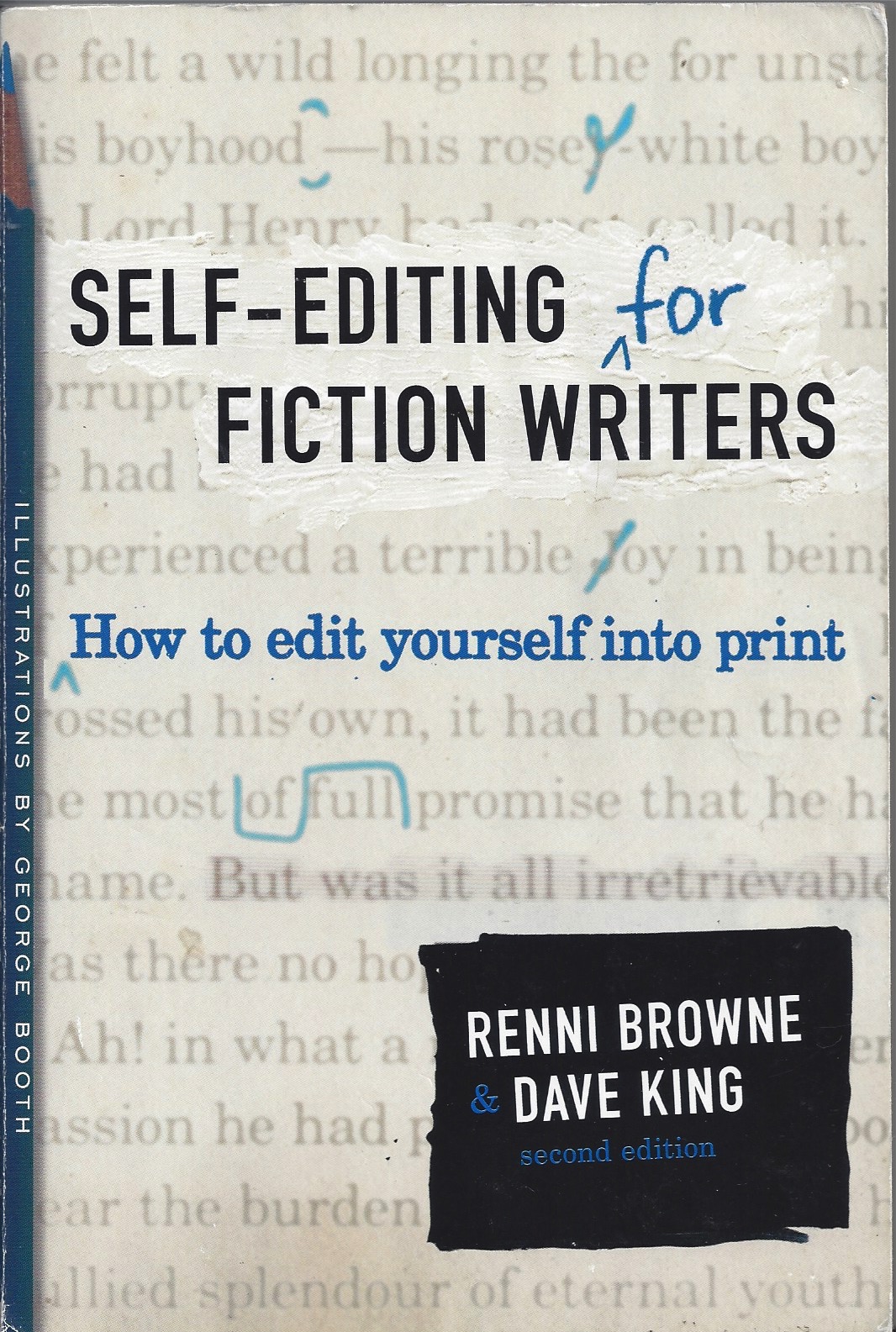
I used to write for VeggieTales, and if you’re familiar with the antics of Bob the Tomato and Larry…
August 6, 2015
[author title=”Rachel Hauck” image=”https://www.almostanauthor.com/wp-content/uploads/2015/07/Hauck_3049_WBP-1.jpeg”] Rachel Hauck is a USA Today Best Selling, and award-winning author of critically acclaimed novels…
August 5, 2015
I’ve been to many writers conferences and even serve on the planning committee of one event, and I always…
August 1, 2015
Ever ask a friend’s, relative’s or colleague’s opinion on something you’ve written? You wait patiently, trying not to stare,…
July 19, 2015
[author title=”Amy L Sullivan” image=”https://www.almostanauthor.com/wp-content/uploads/2015/06/AmyHeadshot.jpeg”] For the past two years, Amy L. Sullivan looked harder, loved stronger, and discovered…
July 13, 2015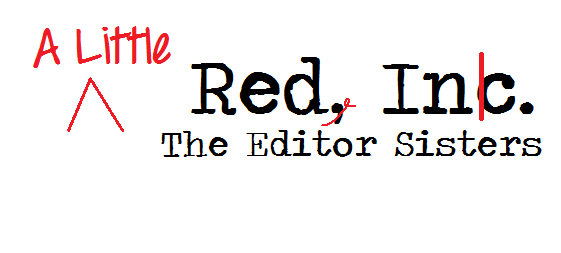
When you write dialogue, think like a screenwriter. Every minute of screen time, every word counts. Don’t add fluff. …
July 10, 2015